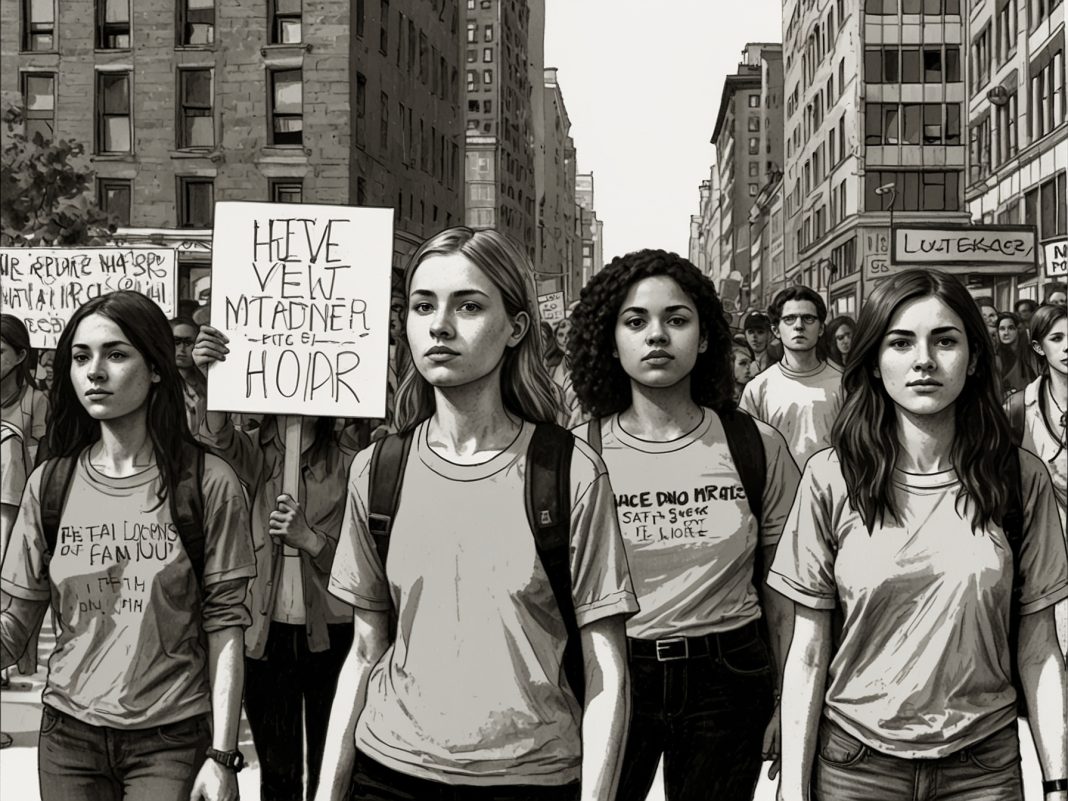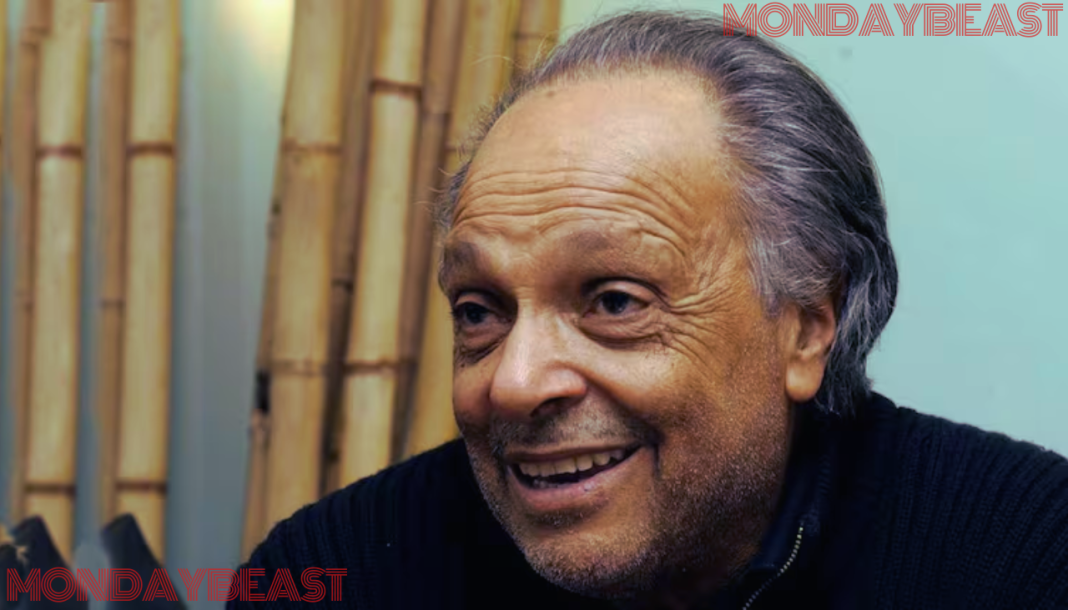In her recent blog post titled ‘Big Fart,’ Vedrana Rudan paints a stark picture of today’s society. She raises important questions about youth engagement today and the state of our global values. What does it mean to care? Are young people truly aware of the world around them? Rudan urges us to consider that consumerism often supersedes social consciousness.
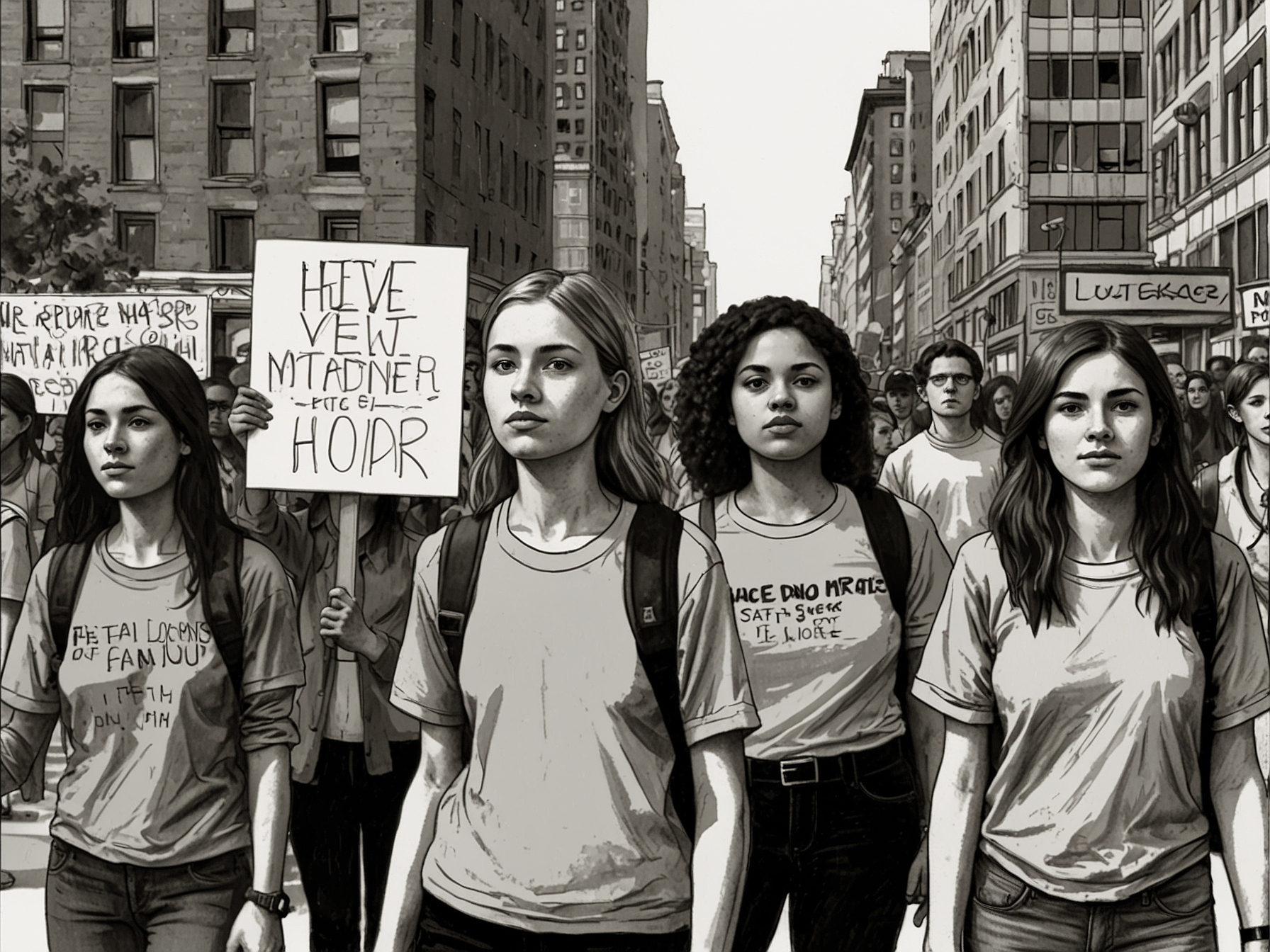
The writer doesn’t mince words. She criticizes young people’s passivity. The irony here is palpable. How could one prepare for nuclear war with mere cans of beans? Most laugh at the absurdity. Yet, it’s a dark humor that carries an unsettling truth. Rudan’s words challenge the reader not to ignore their own role in these discussions. Shouldn’t we, after all, feel an obligation to act?
She recalls the past. During her youth, activism wasn’t just a topic; it was a way of life. Students marched for causes they believed in. They stood for peace and against injustice. Would young people today muster the courage to do the same? The fear is they wouldn’t. Instead, they prioritize comfort and convenience. It’s as though society whispers that their involvement won’t make a difference. But does it?
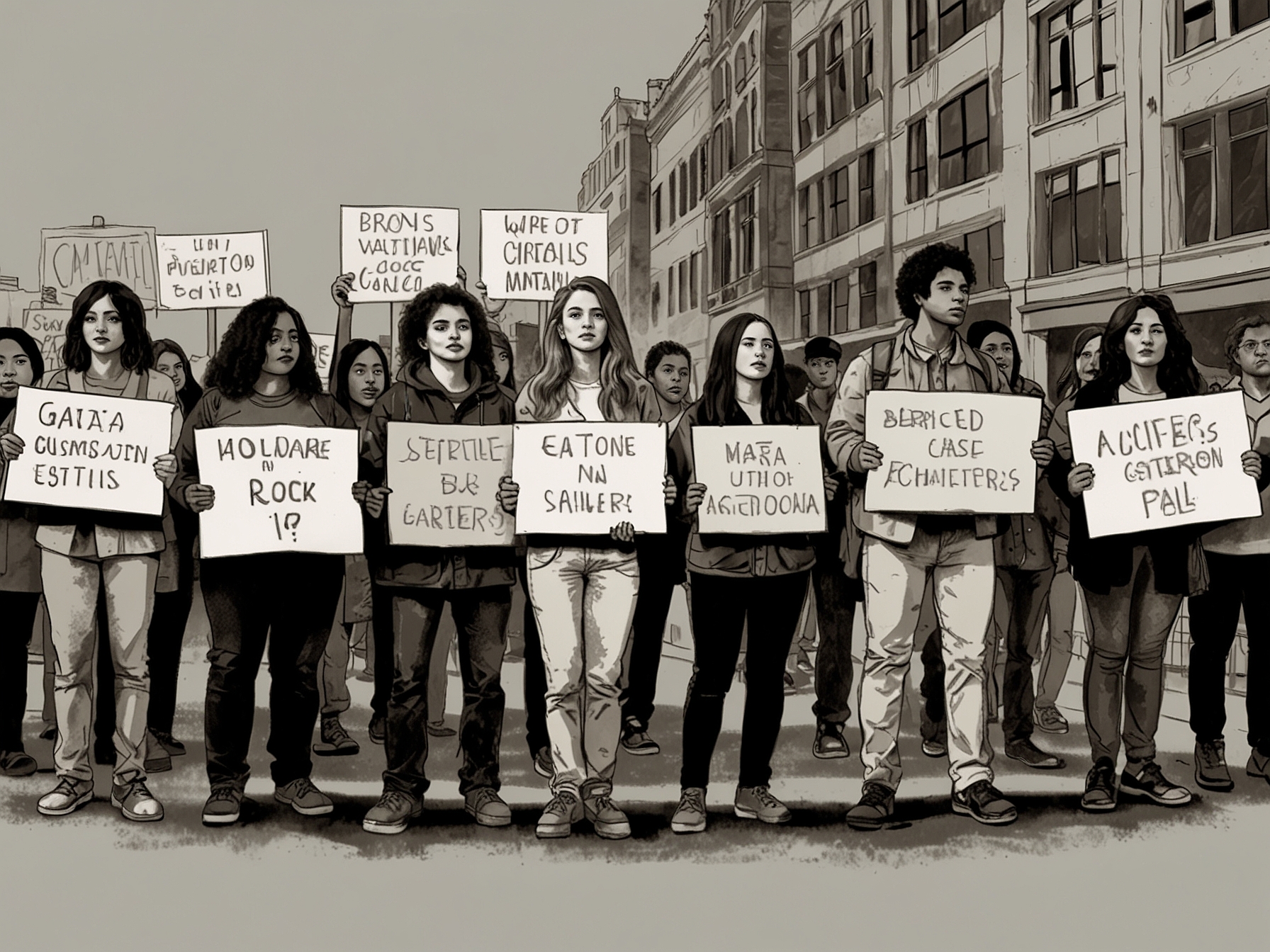
With deep sarcasm, Rudan suggests that modern leaders do not truly care about global calamities. She highlights that Ukraine has become a ‘burned country’. Where is the urgency? Where is the outrage? Rudan’s comparison of modern concerns with historical catastrophes, like Hiroshima and Nagasaki, feels haunting. Should we sit back and just watch? What if today’s issues are simply the prelude to bigger disasters?
This disconnection stings, especially in times of war. How easily societies forget those who are suffering. In Gaza, in Ukraine, and indeed, globally—the humanitarian crises garner little attention. What would it take for youth to recognize the urgency? Rudan poses a serious challenge to this new generation. Can they muster the same courage as those who marched before them?
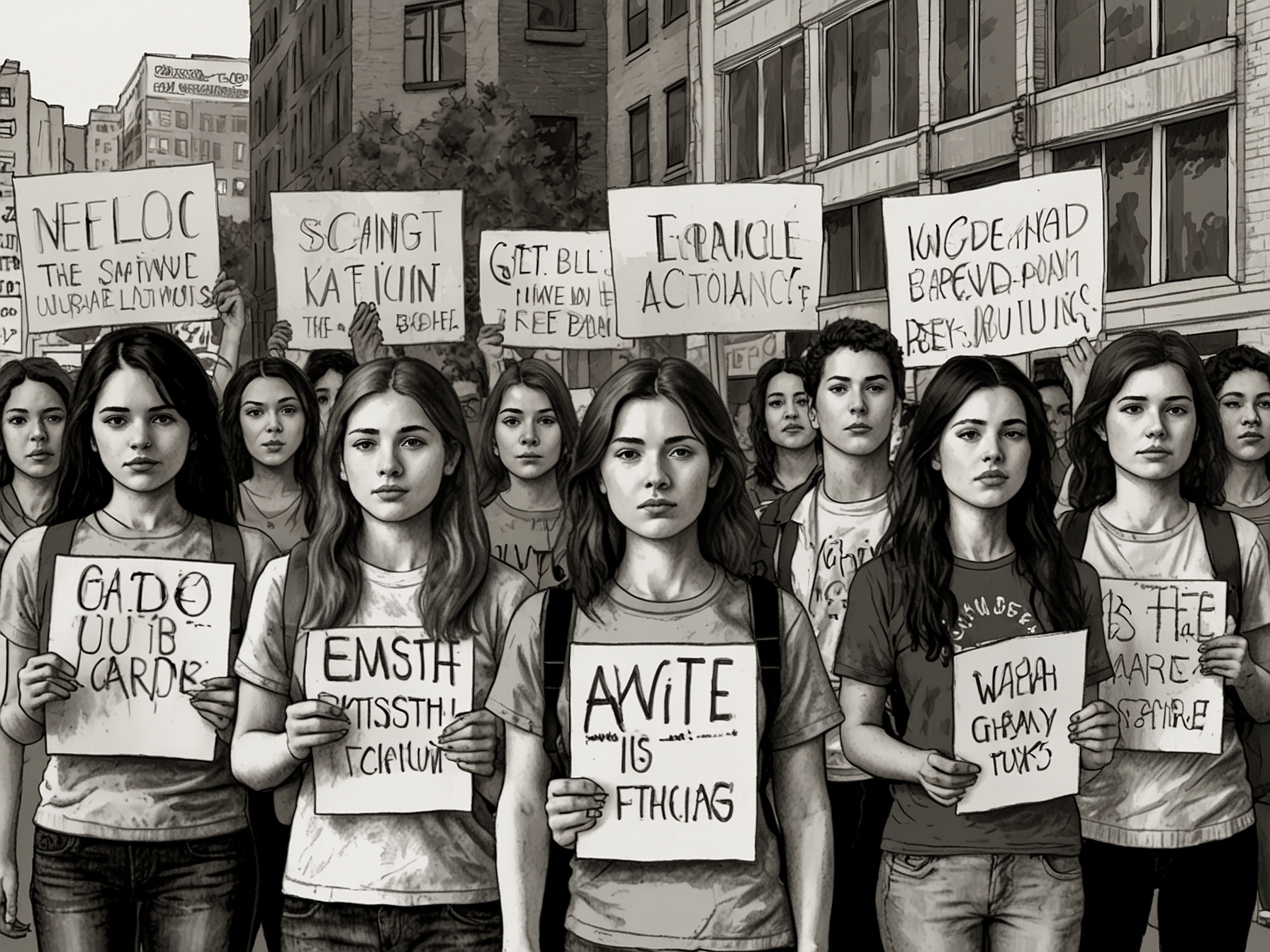
The title ‘Hitler in Diapers’ itself is shocking. It provokes thought about how leaders act today. Are they simply repeating the history we thought we learned from? Rudan’s poignant memories of protests in her youth resonate powerfully in this age of social media activism. Images flash across screens constantly. But clicks don’t equate to actions.
The necessity to act cannot become obsolete. Would we choose silence when faced with injustice? Rudan’s reflections remind us of the responsibility each person bears. Does modern society care enough about humanitarian issues? Her call for introspection is compelling. Through humor tinged with sadness, she encourages a dialogue that is crucial.
The younger generation may face steep odds. With social platforms dictating trends, can they prioritize issues that matter? Rudan remembers fondly a time when actions were bold. But today, she reflects disappointment. The path seems easier to follow. No longer marching, today’s youth may find themselves stockpiling iodine tablets. Such imagery is powerful yet disheartening.
In conclusion, does the pressure to conform stifle the voice against injustice? With our safety and comfort often prioritized, we must ask ourselves: what are we willing to stand for? Rudan’s dark prediction, a reflection on our current trajectory, resonates across many communities. It calls for action while mourning the apathy of a generation. Is there any hope left for change? Or are we resigned to the absurdity? It’s a complex tapestry we’re weaving, and yet here we are, entangled in our fears and our comforts.

